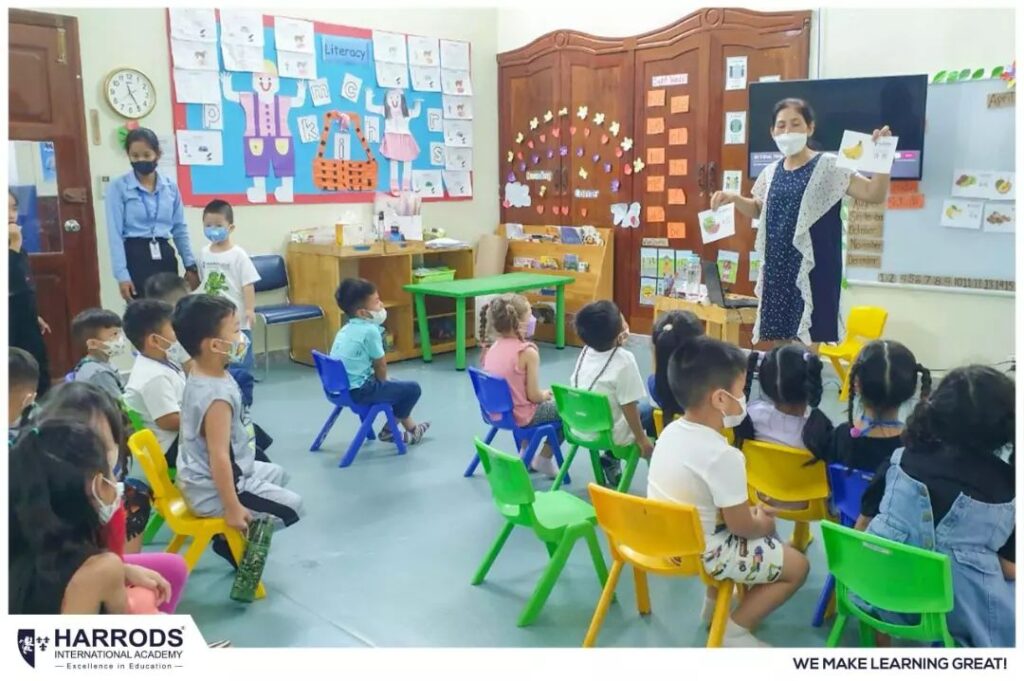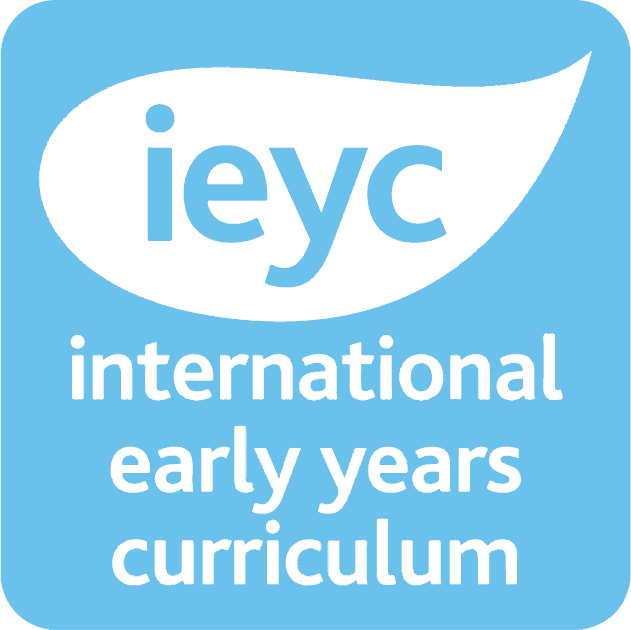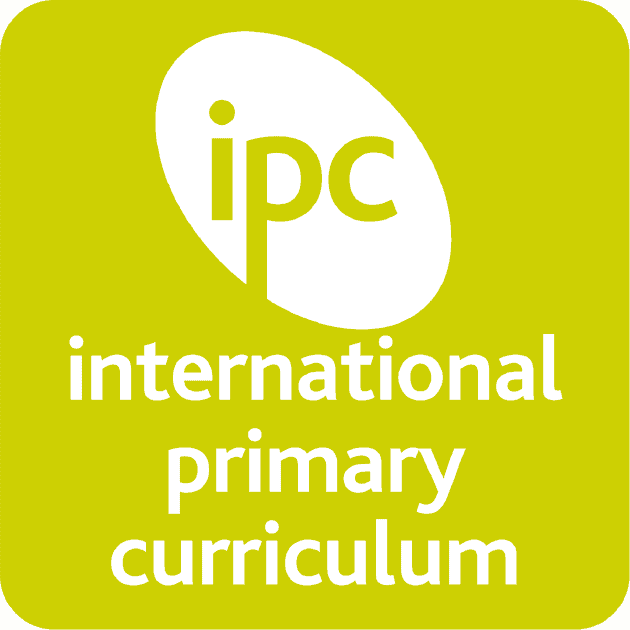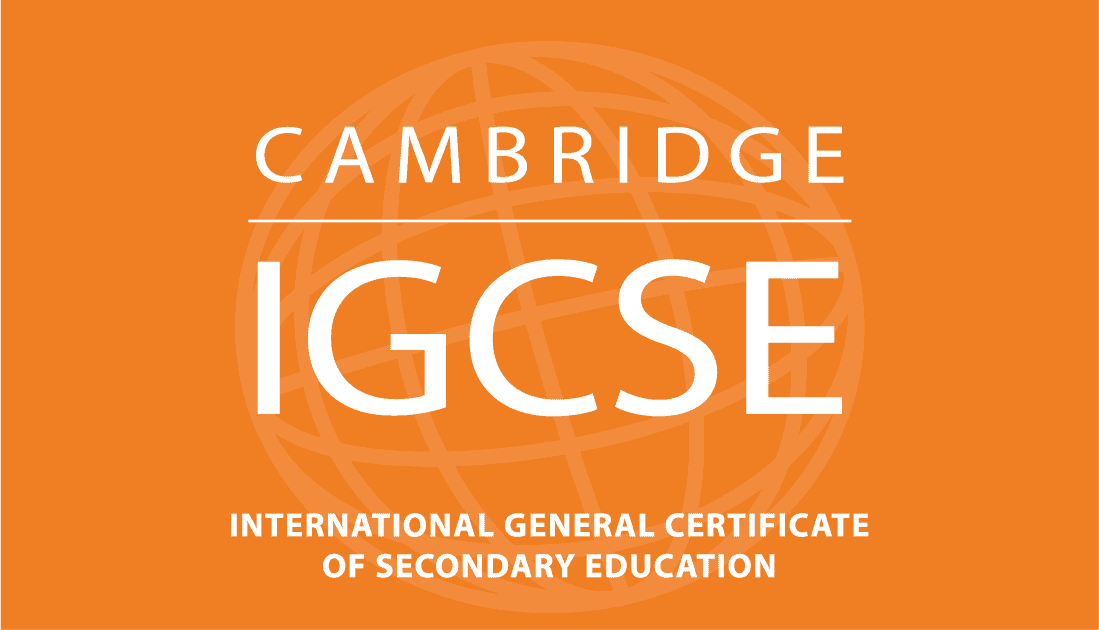Nurturing Social Skills in Children: The Vital Role of Schools
The onset of the pandemic made parents and educators worldwide focus on the safety and well-being of their children and many students began the adventure of virtual learning. Through the years that followed, education in Cambodia was transformed and school communities quickly began to figure out where technology helped — and where it hindered.
In the aftermath of the largest global health crisis in recent history, teachers and administrators at the best British schools in Phnom Penh recognise that nurturing a child’s social skills is just as important as providing them with a solid academic foundation.
International schools in Phnom Penh play a vital role in developing these skills and through a commitment to holistic education, Harrods International Academy ensures that every child enjoys an experiential learning environment where they can become confident and are able to effectively manoeuver any social interaction.
What Are Social Skills?
Social skills refer to a unique set of soft skills that allow a young child to begin interacting with others in social situations, including their peers and instructors in the classroom environment. Social skills include:
- A child’s ability to communicate and converse with others in a social environment
- An individual’s ability to empathise with others
- A child’s willingness to cooperate and problem-solve during a disagreement
- A child’s ability to effectively use their voice to assert themselves in specific situations.
When children are allowed to develop their social skills effectively, they will quickly become more confident individuals who can form connections with their peers. Social skill development begins as early as infancy and blossoms during the school years. Therefore, an early years school and international primary school need to prioritise social skill development in the classroom setting.
The Significance of Social Skills in the 21st Century
Social skill development has always been an important part of childhood, but never more so than in the 21st century. In the wake of the COVID-19 pandemic — after a couple of years of isolation and distance — many children are unable to cope with new social situations. Today’s school-aged children grew up when the most important rules were to stay six feet apart and wear a mask, which significantly altered their perception of socialising.
As a result, many children are suffering from anxiety and depression. Due to a lack of unstructured play with other children their age, they are unable to cope with quarrels on the playground, and they are struggling to figure out how to form lasting friendships with those around them.
Social and emotional learning is just as important as academic learning at the best international schools in Cambodia, which recognise the pivotal role that social skills play in whole-child development. A curriculum that weaves social and emotional learning into everyday life — while simultaneously providing children with opportunities for interactive and engaging experiences — will naturally nurture social skill development in students of all ages.
The Role that English Schools in Cambodia Play in Nurturing Social Skills
British schools in Phnom Penh can support the development of crucial social skills by:
- Creating a Cohesive Community Environment
To repair, develop and strengthen the social skills of all students, educators need to actively work to create an accessible and inclusive campus.
- Strengthening Partnerships Within the Community at Large
By working with other communities, groups and organisations in Cambodia, the leading international schools in Phnom Penh are able to provide extracurricular and co-curricular activities that enrich the lives of students and allow them to explore their interests.
- Prioritising Growth Mindset in the Classroom
By showcasing a growth mindset and instilling growth mindset practices in the classroom, educators can help children see their potential and uncover their innate ability to be resilient.
- Implementing Differentiated Learning Techniques
Educators who employ differentiated learning in their classrooms are much more likely to produce confident and curious learners who are poised for success.
- Designing Mentorship Programmes for Students at Every Level
Connecting students to their classmates and teachers in a personal way will help them develop a bond with their school community while simultaneously improving their social skills.
- Encouraging Group Work Within the Classroom Environment
When paired in both large and small groups, students will learn how to collaborate and interact with children of all backgrounds, skill levels and interests.
- Creating Leadership Opportunities Within the School Community
Leadership skills are acquired through experience, and activities such as classroom jobs, clubs and class meetings provide students with opportunities to take responsibility, speak publicly and become more confident and comfortable.
How Harrods International Academy Promotes the Development of Key Social Skills
At Harrods International Academy, we take intentional steps to develop key social skills in all of our early years, primary school and secondary students. These include:
- Offering small class sizes in spacious classrooms, allowing students to explore and connect with their surroundings daily.
- Attracting the top educators in Cambodia, all of whom believe in our commitment to holistic development. Each teacher, instructor and staff member works to ensure that the social and emotional needs of the students are met.
- Creating opportunities for students to connect with their peers, such as after-school activities, clubs, or group learning assignments.
- Modelling appropriate social behaviour for our students while implementing a values-based curriculum that promotes the importance of kindness, respect and empathy.
- Providing real-life examples that allow our students to connect the material they are learning with the world outside their classrooms.
As the top English international school in Cambodia, Harrods International Academy can provide every student with an excellent education, one that prepares them for life beyond the classroom. We are one of the few private schools in Phnom Penh that offer an immersive learning environment that supports whole-child development. Find out more about our values-based Cambridge school curriculum today.

